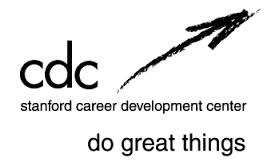An unlikely topic became the center of discussion at this year’s Adolescent Developmental Psychology Convention.
In anticipation of the international release of the newest Harry Potter movie, the conference’s various attendees, representing 60 nations and 140 universities, spent the majority of their time analyzing Harry Potter’s hormone levels and biological clock.
The film series began in 2001, and ever since, Harry and his Hogwarts friends have demonstrated clear indications of stunted adolescent maturation.
“That kid has some serious chemical imbalances,” says Dr.
Mahneta Shruyahr of Mumbai University. “Don’t tell me he’s not compensating for something with that Firebolt.”
Though ten years have passed since the series began, Harry and his comrades still seem to endure the throes of ongoing adolescence. All of the characters still live with their parents and none of them have steady jobs.
“We sometimes see these symptoms in freak cases,” asserts psychologist Maria Givner, “but never to this extent.
Wallowing in counter-productive mood swings and chasing lustily after uninterested girls for several years?
That’s something typically reserved for acute midlife crises.”

